|
|
|
|
Left, right, centre-left and centre-right have long been among the favoured terms to describe where people, and parties, sit on the political spectrum. To the extent these categories are still relevant, did Australia just collectively shift to the left at the 2022 federal election?
Frank Bongiorno writes that, with so many independents entering the parliament, and the very strong showing from the Greens, Australia will have its most progressive parliament for many years. In fact, “It is perhaps the most significant since the combined momentum of the elections of 1969 and 1972 that brought the Whitlam government to office”.
With Prime Minister Anthony Albanese elected on a “small target” strategy, it might be tempting to think this electoral result doesn’t mean much at all. But, says Bongiorno, as the campaign wore on, Albanese’s comments and policies sounded more in tune with Labor Party DNA: he stood up to widespread bullying over his plan to give the lowest-paid workers a wage rise, he talked of universal provision of childcare, and reaffirmed his commitment to the Uluru Statement from the Heart.
On the other side of politics, the Liberal Party is depleted and the Coalition may fall apart. Peter Dutton is favoured to become opposition leader, “a strange but unavoidable choice for a party that needs both to soften its image and change its substance to have any hope of avoiding many years in the wilderness”, says Bongiorno.
Meanwhile, we’re heading into the third week of our 2022 donations campaign. To all those who have given so far, thank you. If you haven’t yet, please support The Conversation’s vital work with a donation and join the thousands of civic-minded people who are already helping us produce better journalism. If you can, please donate today.
|

|
Amanda Dunn
Section Editor: Politics + Society
|
|
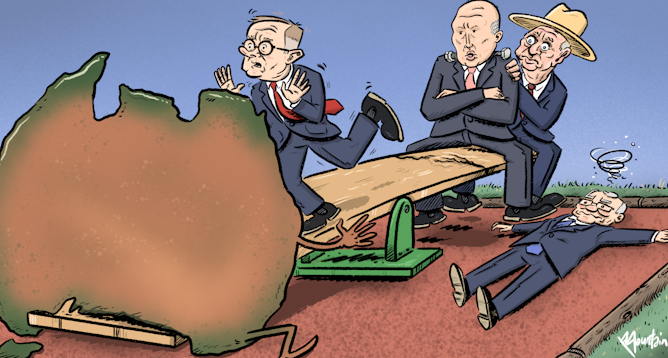
Frank Bongiorno, Australian National University
Yes, Labor has won office with an historically low first preference vote- but focussing on this might be misreading the electoral mood.
|
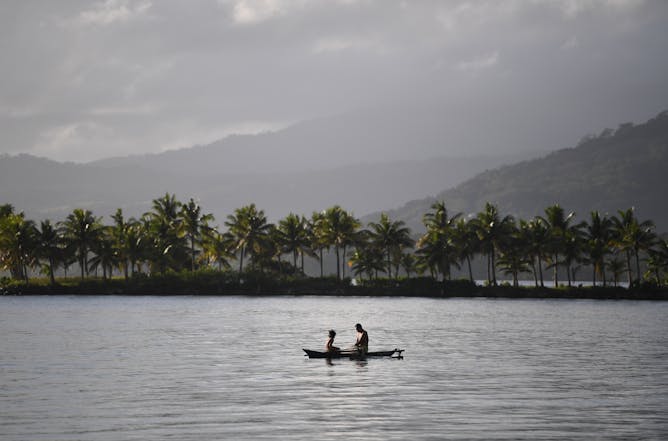
Patricia A. O'Brien, Georgetown University
To repair our relationship with the Pacific, the new government must make swift decisions addressing the climate emergency. But that’s just the starting point.
|

Sarah Hellewell, Curtin University
The effects of COVID and a new treatment for it are leaving a bad taste in the mouth for many. How do we detect what’s salty, sweet, bitter, sour or umami?
|
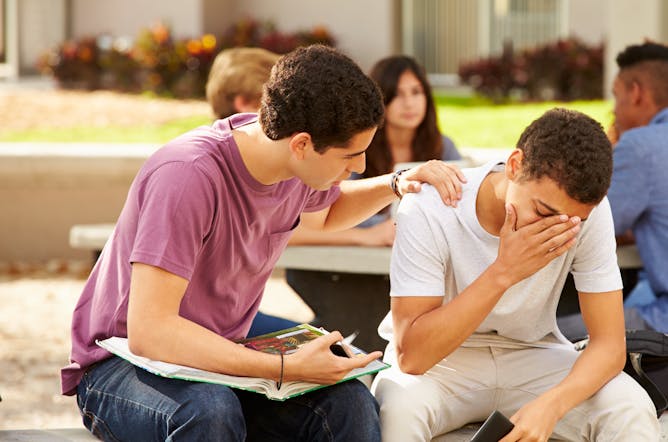
Christine Grové, Monash University; Alexandra Marinucci, Monash University
A rise in psychological distress among young Australians, compounded by COVID and difficulties in getting professional help, has added to the urgency of mental health education in schools.
|
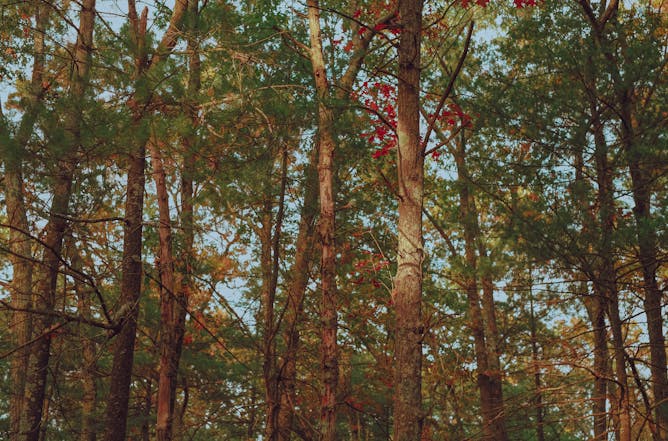
Alda Balthrop-Lewis, Australian Catholic University
Thoreau thought commerce destroyed moral freedom. A true “economy”, he argued, would lead to ecological and social flourishing for humans and for all beings.
|

Eleanor Cowan, University of Sydney; Ashley Finn, The University of Melbourne; Kimberly Harris, University of Sydney; Kirsten Parkin; Tim Parkin, The University of Melbourne
A patchwork of Roman laws (including Rome’s complex murder laws) sought to address coercive and violent behaviour
|
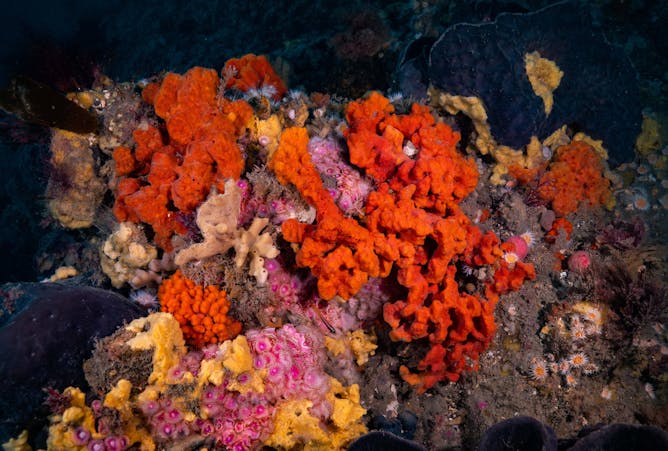
James Bell, Te Herenga Waka — Victoria University of Wellington; Alice Rogers, Te Herenga Waka — Victoria University of Wellington; Francesca Strano, Te Herenga Waka — Victoria University of Wellington; Valerio Micaroni, Te Herenga Waka — Victoria University of Wellington
You may not have heard of ‘temperate mesophotic ecosystems’, but science is beginning to understand the vital role these ocean zones play – and the need to protect them.
|
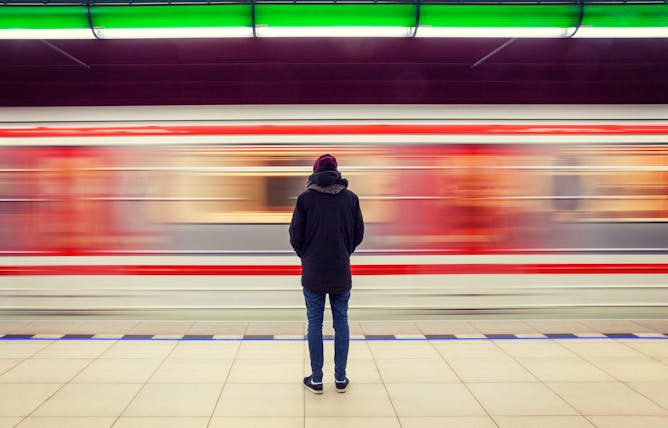
Sam Baron, Australian Catholic University
There’s a special type of particle called a ‘tachyon’ which would have to travel faster than the speed of light. But here’s the hitch – we can’t prove tachyons even exist.
|
Politics + Society
|
-
Rebecca Strating, La Trobe University
Judging by the campaign, and a bit of recent history, we can expect to see a Labor government pay more attention than their predecessors did to Indonesia – and Southeast Asia in general.
-
Adrian Beaumont, The University of Melbourne
While Labor winning with a small primary vote might seem confusing, the answer is in the flow of preferences in the Australian electoral system.
-
Michelle Grattan, University of Canberra
The transition from one government to another involves a democratic miracle and a physical mess.
-
Jarryd Bartle, RMIT University
Does the success of this single issue minor party mean that Australians are finally ready to ‘legalise it’?
|
|
Health + Medicine
|
-
Nancy Baxter, The University of Melbourne; Nicholas Talley, University of Newcastle
Despite rising cases and deaths, governments are have not even raised the prospect of imposing some public health restrictions.
-
Sally Casswell, Massey University
Cross-border advertising and the metaverse are pushing governments to reassess how they manage the potential harm caused by alcohol advertising. Is New Zealand doing enough?
|
|
Science + Technology
|
-
Ray Norris, Western Sydney University
A photo of ‘doorway’ on Mars shows how ready our minds are to see significance and signs of life in the natural world.
|
|
Environment + Energy
|
-
Stephen Garnett, Charles Darwin University; Hayley Geyle, Charles Darwin University; John Woinarski, Charles Darwin University; Mark Lintermans, University of Canberra
The hardest to save will be five reptiles, four birds, four frogs, two mammals and one fish, for which there are no recent confirmed records of their continued existence.
-
John Quiggin, The University of Queensland
Doing as little as possible on climate change was a seemingly safe political strategy until recently. As of Saturday night, it’s a recipe for political disaster.
|
|
Education
|
-
Kim Beasy, University of Tasmania; Chloe Lucas, University of Tasmania; Gabi Mocatta, Deakin University; Gretta Pecl, University of Tasmania; Rachel Kelly, University of Tasmania
More of the curriculum is devoted to climate change, but it’s still not presented holistically. Teachers also need more training and resources to help them prepare students for a changing climate.
|
|
Books + Ideas
|
-
Carol Lefevre, University of Adelaide
This brainy feminist romp of a novel, loved by Rachel Cusk and Maria Semple, is often compared to Brideshead Revisited. But Carol Lefevre says it’s more like a sexy, sweary version of Nancy Mitford in 1960s London.
|
|
| |
Featured jobs
|
|
|
| |
| |
| |
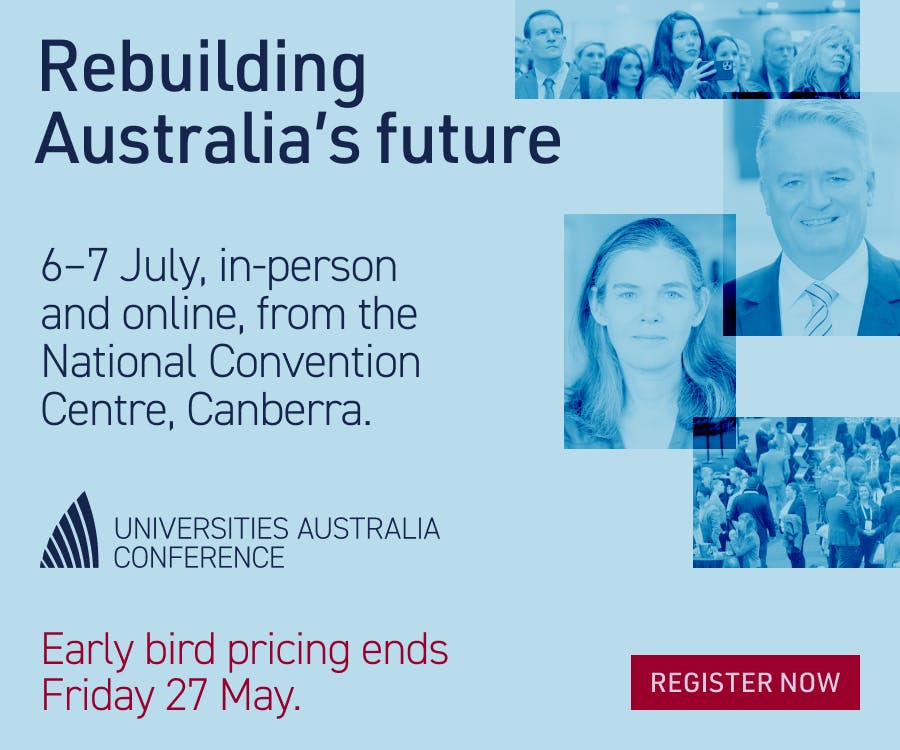
|
| |
| |
| |
Featured Events, Courses & Podcasts
|

|
— Victoria, Australia — The Conversation Weekly Podcast
|

|
— Ian Hanger Recital Hall, Queensland Conservatorium, 140 Grey Street , South Brisbane, Queensland, 4101, Australia — Griffith University
|

|
— Level 21, 15 Broadway, Ultimo, New South Wales, 2007, Australia — University of Technology Sydney
|

|
— UNSW Sydney, Sydney, New South Wales, 2052, Australia — UNSW Sydney
|
|
|
|
| |
| |
| |
| |
| |
|
|
|
|
|
|
|